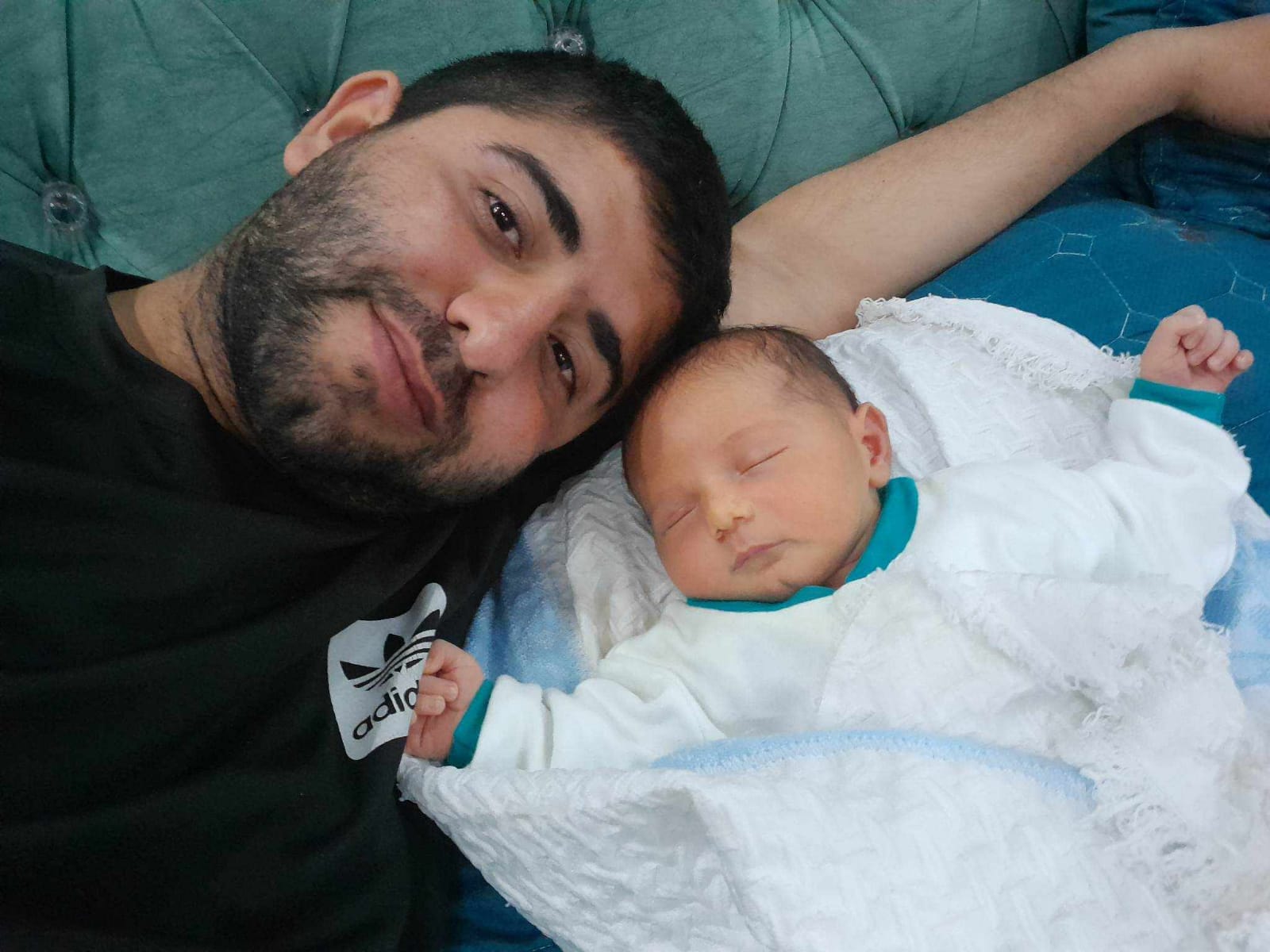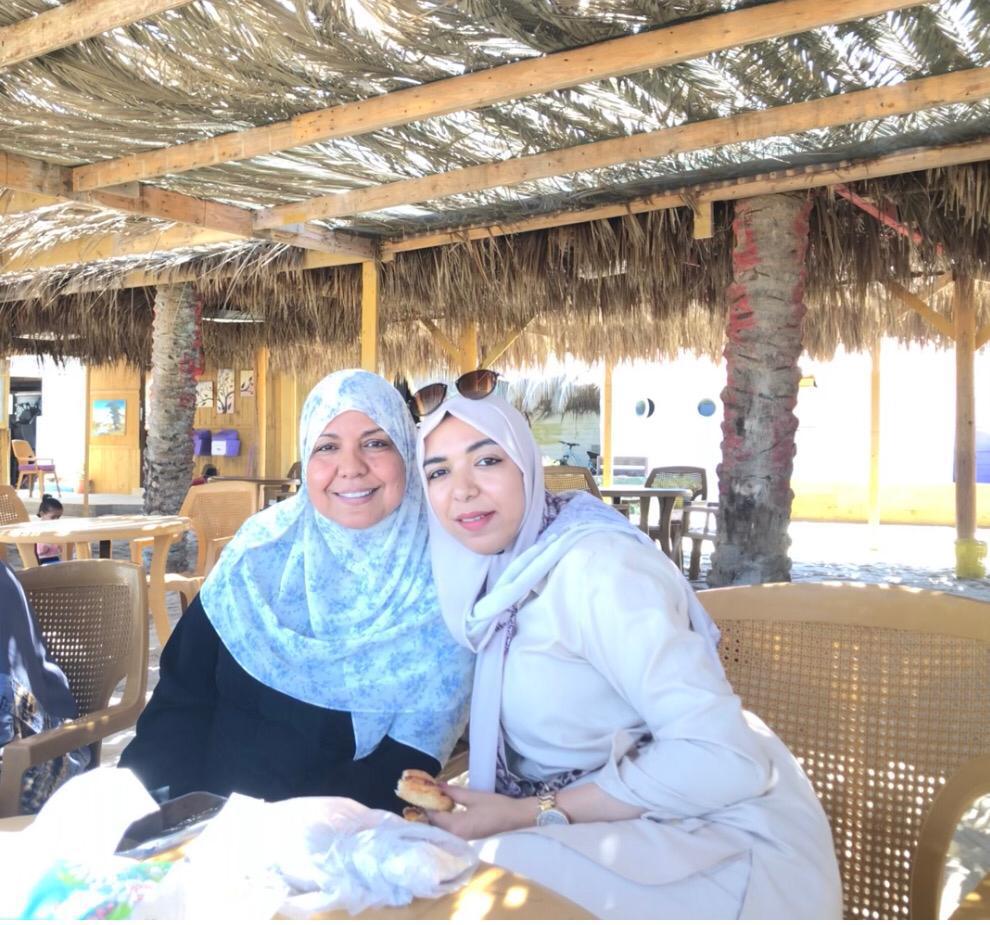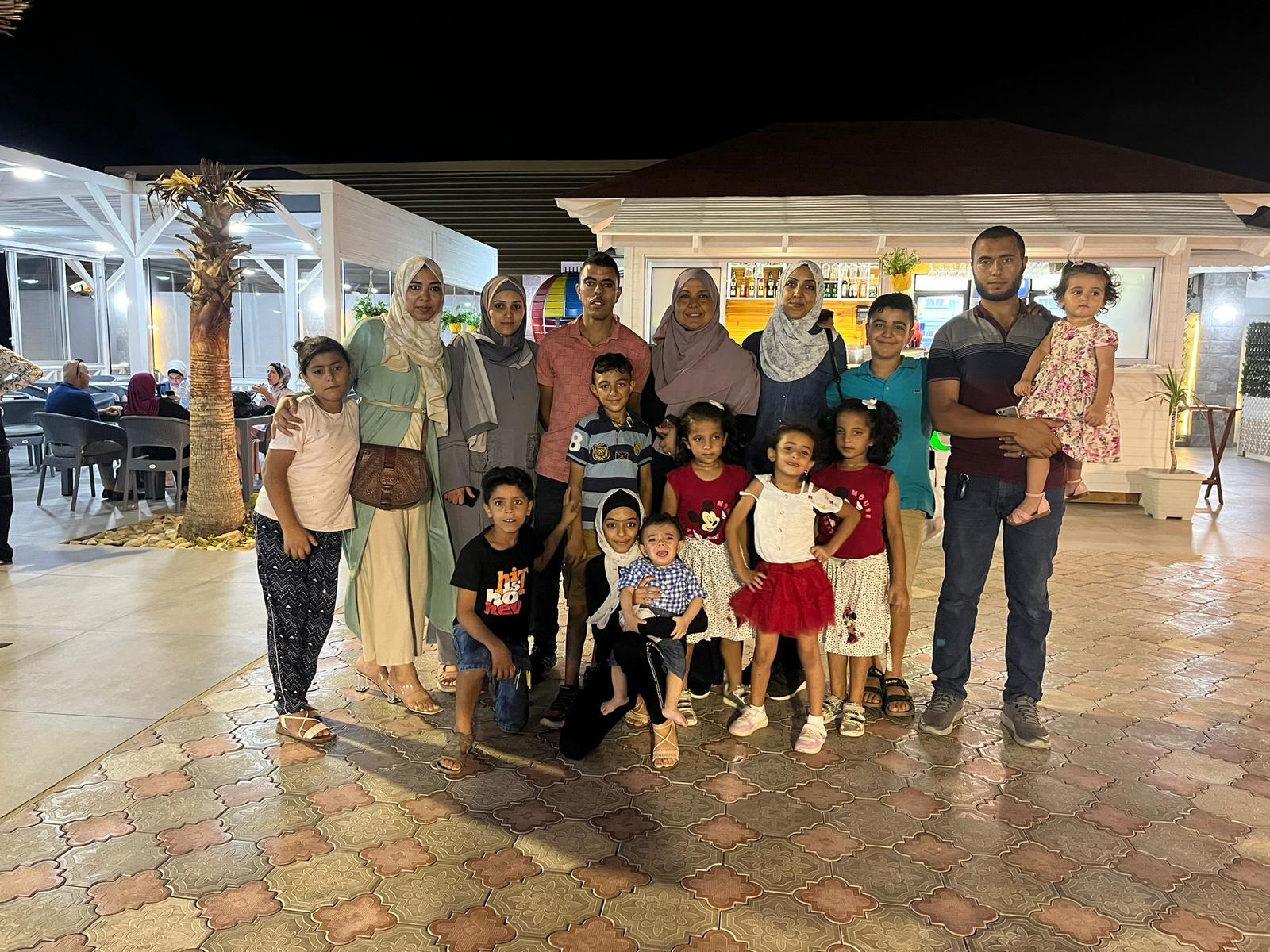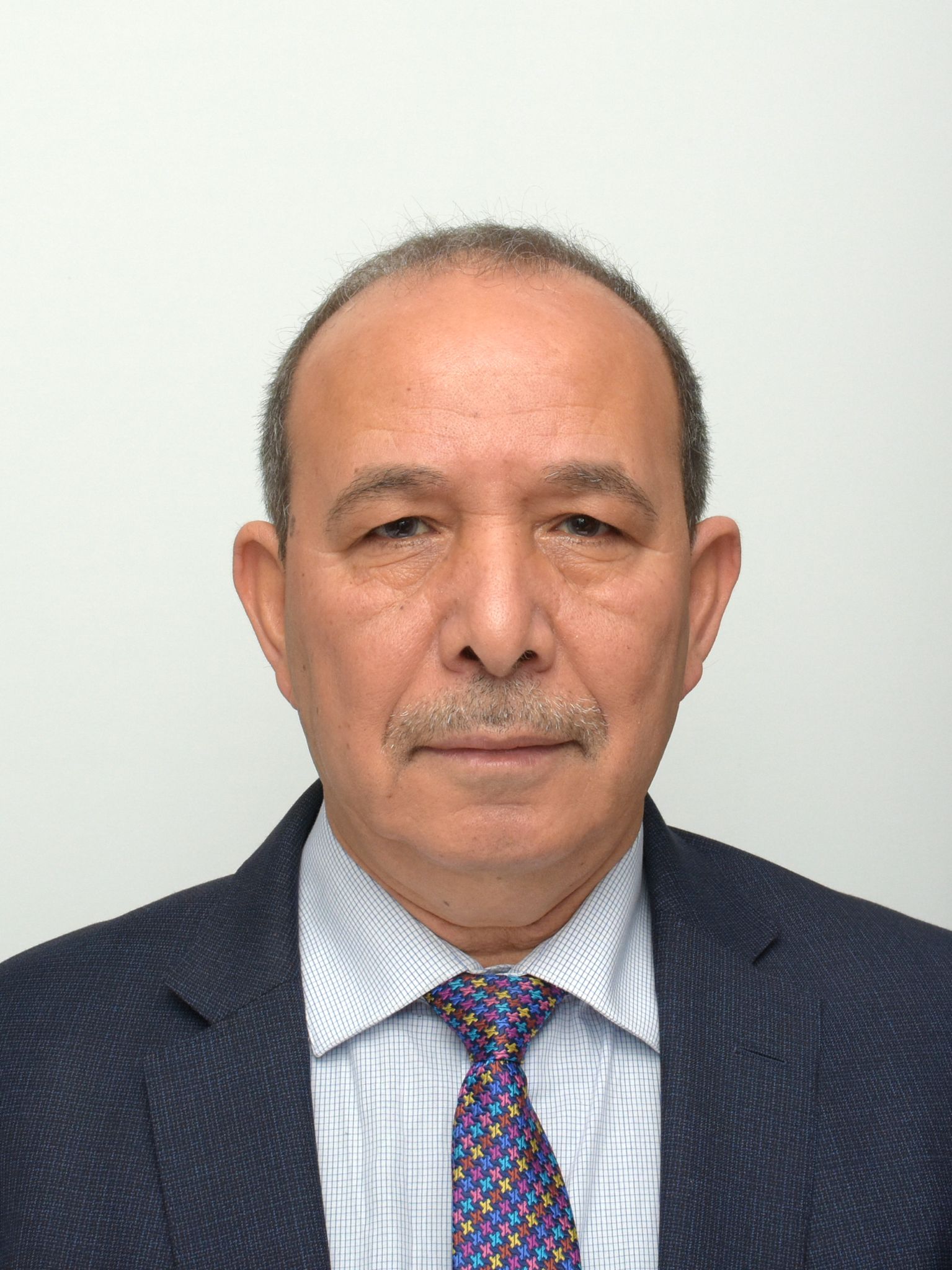‘They still had dreams’: Baby and toddler among entire family killed in Gaza, devastated relative reveals
‘They are not Hamas. They were just civilians,’ British-Palestinian relative says
Your support helps us to tell the story
From reproductive rights to climate change to Big Tech, The Independent is on the ground when the story is developing. Whether it's investigating the financials of Elon Musk's pro-Trump PAC or producing our latest documentary, 'The A Word', which shines a light on the American women fighting for reproductive rights, we know how important it is to parse out the facts from the messaging.
At such a critical moment in US history, we need reporters on the ground. Your donation allows us to keep sending journalists to speak to both sides of the story.
The Independent is trusted by Americans across the entire political spectrum. And unlike many other quality news outlets, we choose not to lock Americans out of our reporting and analysis with paywalls. We believe quality journalism should be available to everyone, paid for by those who can afford it.
Your support makes all the difference.A two-month-old baby was among 10 members of the same family killed in Gaza after an Israeli air strike hit their home, a devastated relative has revealed.
Just one day after Hamas launched an attack on Israel, 56-year-old Abdel Naser Shamalakh and his entire family were killed after rockets hit their home in Gaza.
“The whole family was buried under the rubble. They only found two whole bodies. The others were in parts or unrecognisable,” his British-Palestinian niece, 37-year-old Waf’a Shamalakh, told The Independent.
“Ten people were killed. My uncle, his wife, his five sons, his daughter-in-law, and two grandsons.
“They have nothing to do with Hamas or the military. They were just civilians, doing the usual things: calling each other, drinking tea, laughing. They didn’t expect this at all.”

The youngest victim was Waf’a’s cousin, Omar, who was just two months old. His two-year-old brother, Abdel Naser, was also killed in the strike, Waf’a said. “They were just starting their lives, they still had dreams.”
Waf’a, who has two sons of her own, had spent the summer in Gaza last year. “I can still hear my aunt’s laughter in my ears. I never thought this could happen to my own family,” she said.

As the medical interpreter grapples with grief for her uncle’s family, she also fears for her mother, Sanaa, and siblings who are still trapped in Sheikh Ijleen, south of Gaza City.
“They are not safe where they are but there is nowhere for them to go,” she said. “The south is too crowded and the roads are too dangerous.

“My phone has become an extension of my hand. I never let go of it. I can’t sleep at night. I text them every 30 minutes in the hope of getting through to them. But I haven’t heard my mum’s voice for four days now.
“When I spoke to her last, she clearly told me: ‘You have to be ready for anything. Be strong.’ She said she is happy my brother and I are in the UK so that our family line will continue if they are killed.”

It comes as the Palestinian Ministry of Health said at least 2,808 people have been killed and at least 10, 859 people have been injured since the violence began on Saturday 7 October. At least 1,400 Israelis have been killed and 3,400 have been injured.
Rajab Shamalakh, Waf’a’s uncle and the ex-chairman of the Palestinian Community in the UK, said he feels “paralysed” by pain and helplessness after his family was killed in Gaza.
“It is not anger, it is more than anger. If you put 75 years of pain, occupation, ethnic cleansing and imprisonment altogether, then how you would feel?
“It is frustration. Trust me, it is frustration.”

Waf’a said that despite whispers the Rafah border crossing will open, she still has no hope for her family to flee to safety.
She said: “My mum had sent her passport to be renewed before this all happened and she hasn’t got it back yet. My brother doesn’t even have a passport.”
“When you live in siege, you don’t expect to go anywhere,” she added, explaining her mother got one because she wanted to go for the Hajj pilgrimage next year.
“Without the passports, they can’t move. They’re trapped, and our hands are tied. That’s the worst part of this.”




Join our commenting forum
Join thought-provoking conversations, follow other Independent readers and see their replies
Comments